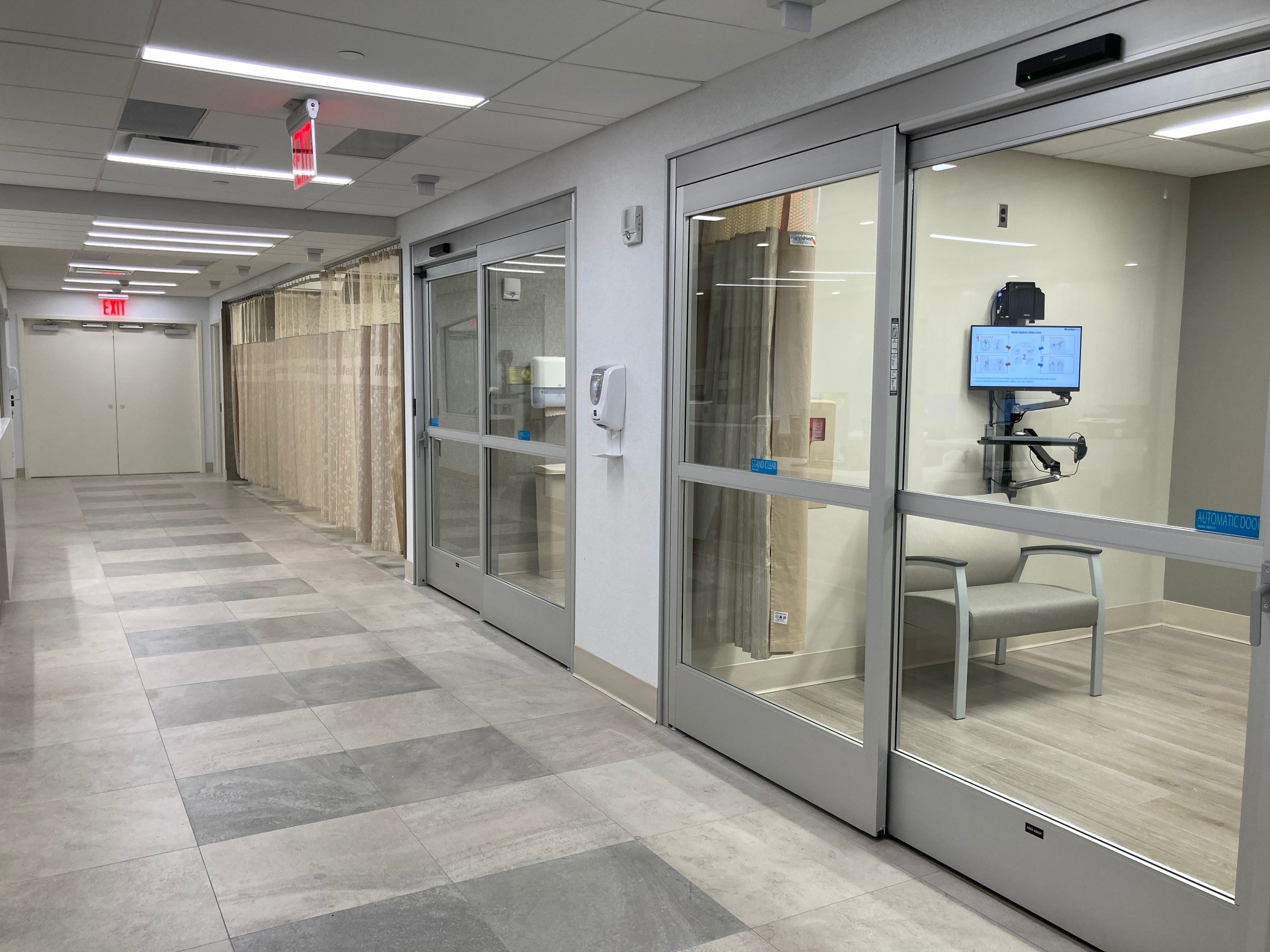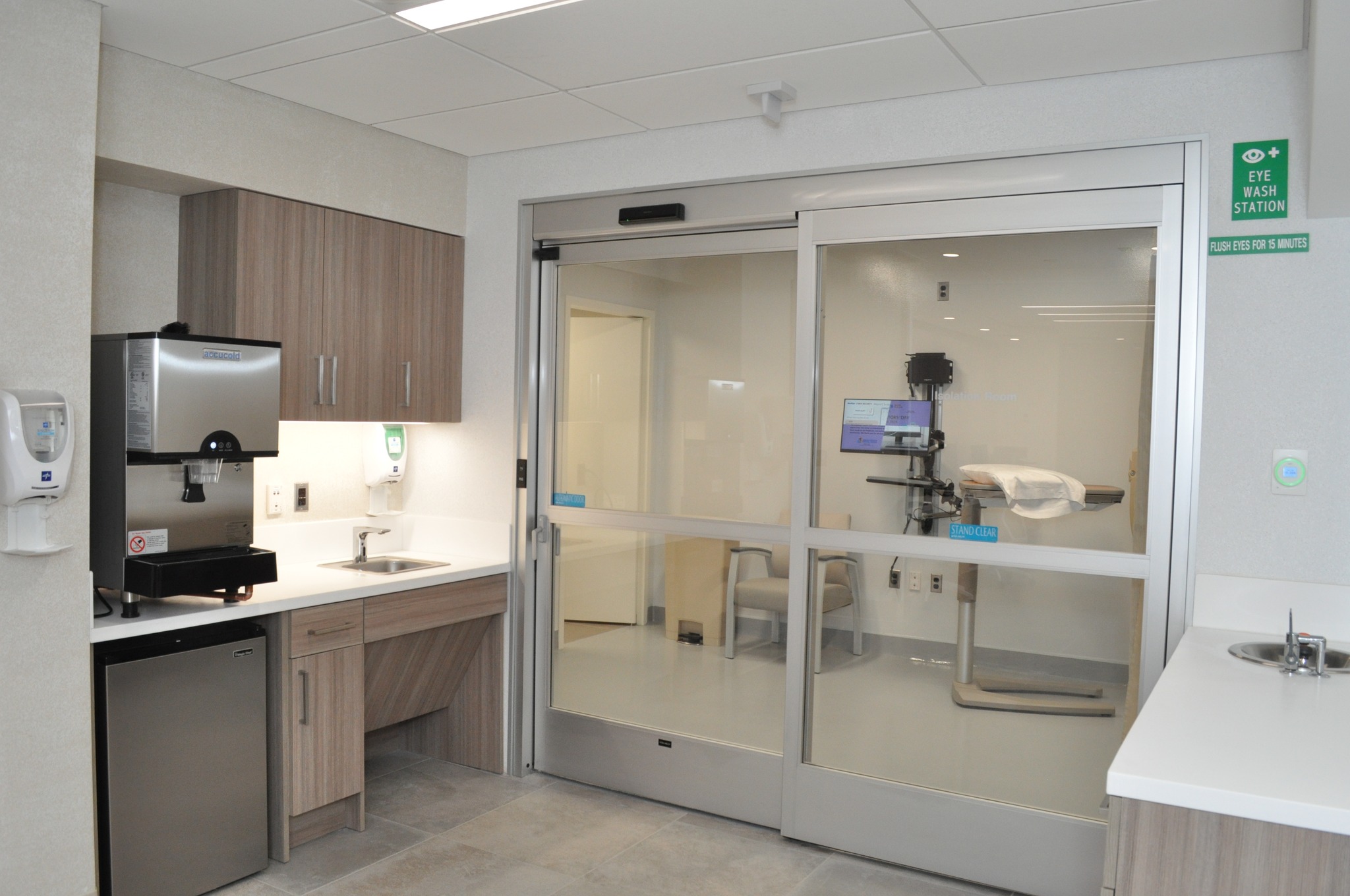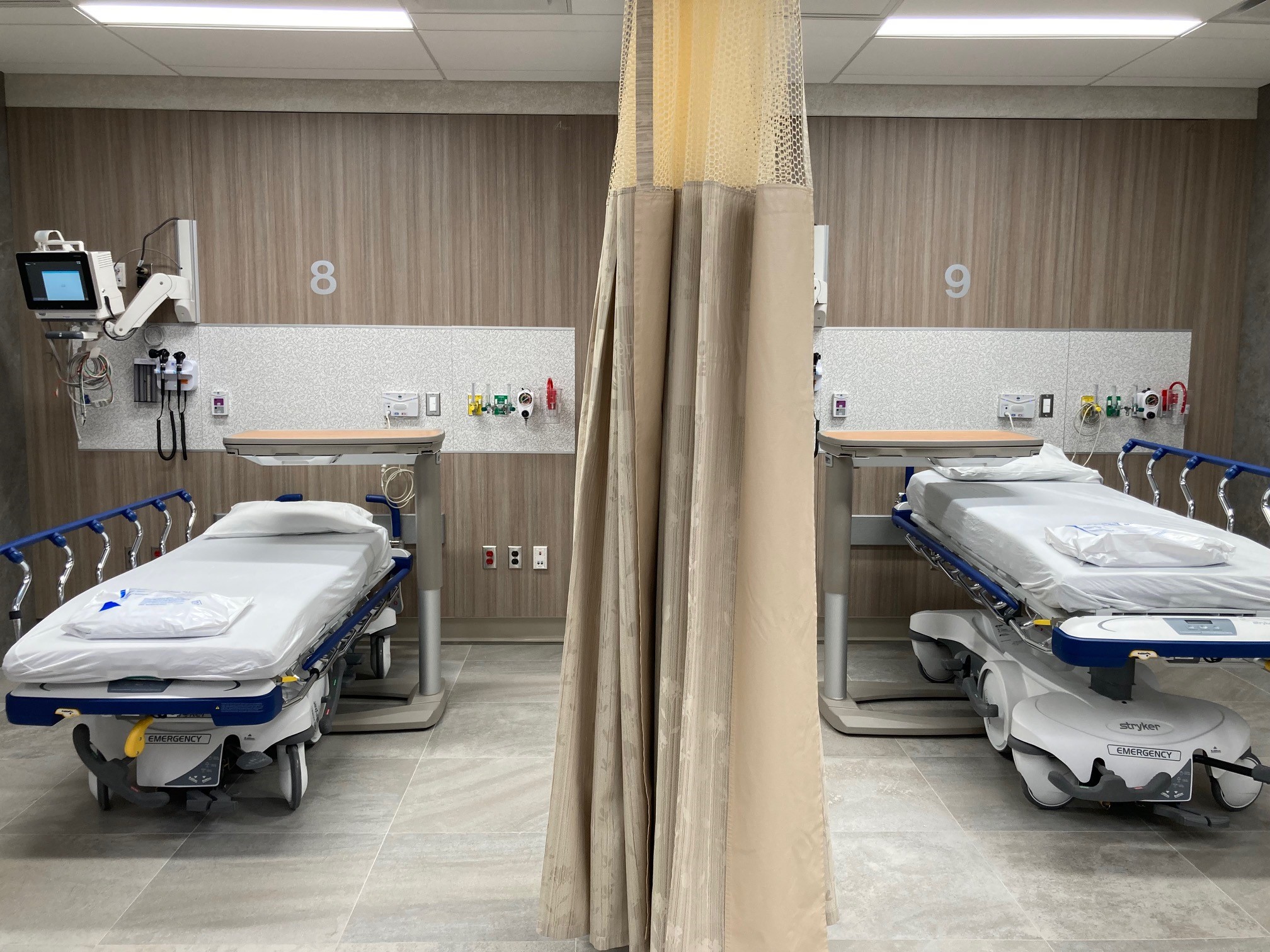 This month, we are very proud to shine our Employee Spotlight on Estela Divino, LCSW-R in the Palliative Care Department at Flushing Hospital Medical Center.
This month, we are very proud to shine our Employee Spotlight on Estela Divino, LCSW-R in the Palliative Care Department at Flushing Hospital Medical Center.
Estela began her career at Flushing Hospital three years ago. She was born in the Philippines and moved with her family to New York at the age of six. She saw all that her parents went through as immigrants and how hard they worked to give her family opportunities in the United States. Because of this, she has a deep appreciation for the immigrant experience and all that it takes to build a life here.
Estela grew up in Queens where she attended elementary school at Our Lady Queen of Martyrs, and high school at Saint Francis Prep. Estela received her BS degree from Albany State University and her MSW from Adelphi University School of Social Work.
Estela currently lives with her family on Long Island. She is very proud of her two daughters. One daughter will be graduating from college in 2025 and the other daughter will be graduating from medical school the same year. The family also has a Havanese dog that lives in their home. Estela enjoys spending her free time with her family and her friends. She likes to travel. Most recently she went to North Myrtle Beach, South Carolina for a family reunion. Her favorite places to vacation are places that have warm weather and beautiful beaches. She also likes to go to concerts, go thrifting, work on crossword puzzles, go to Broadway musicals and practice yoga.
She enjoys many different types of food, especially Filipino, Korean, Italian, Chinese and Greek. Estela listens to all types of music but R&B, classical, jazz and pop are her favorite genres. One of the most fulfilling experiences in Estela’s life was being a Peace Corps volunteer in the area of community health and served from 1988-1990 in Guinea Bissau, West Africa. During her time there she learned Portuguese and Portuguese Creole.
The most important things in Estela’s life besides her relationship with her family and loved ones, are keeping a work/life balance, and finding meaning and purpose in both. She appreciates the sense of community among the different disciplines at the hospital and how everyone works well together to care for the patients and their families during difficult times in their lives. We are very fortunate to have Estela as part of our team at Flushing Hospital and we look forward to her continuing work with us for many more years.
All content of this newsletter is intended for general information purposes only and is not intended or implied to be a substitute for professional medical advice, diagnosis or treatment. Please consult a medical professional before adopting any of the suggestions on this page. You must never disregard professional medical advice or delay seeking medical treatment based upon any content of this newsletter. PROMPTLY CONSULT YOUR PHYSICIAN OR CALL 911 IF YOU BELIEVE YOU HAVE A MEDICAL EMERGENCY.








 The MediSys Health Network (Comprised of Jamaica Hospital Medical Center and Flushing Hospital Medical Center) is pleased to announce the launch of its new application and comprehensive patient platform, MediSys Connect.
The MediSys Health Network (Comprised of Jamaica Hospital Medical Center and Flushing Hospital Medical Center) is pleased to announce the launch of its new application and comprehensive patient platform, MediSys Connect.





